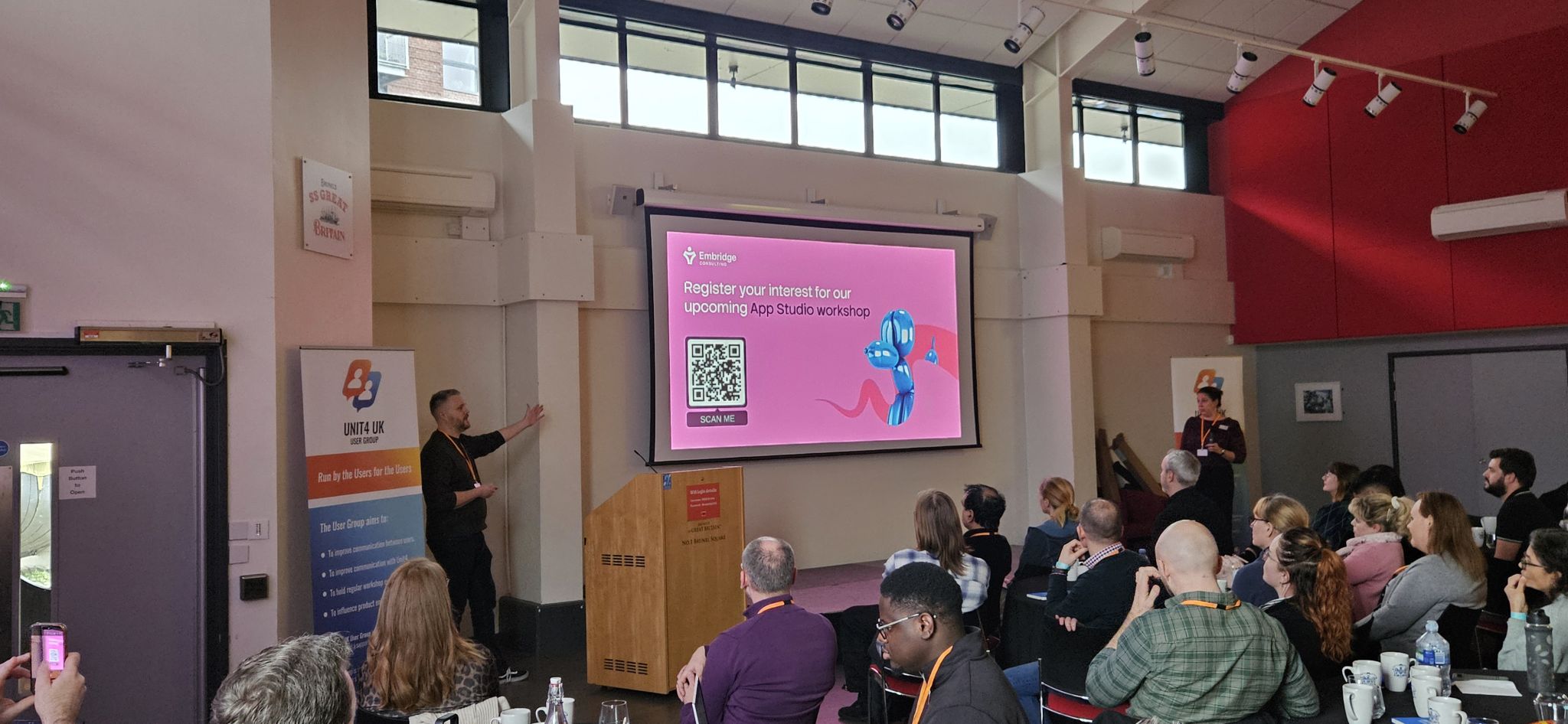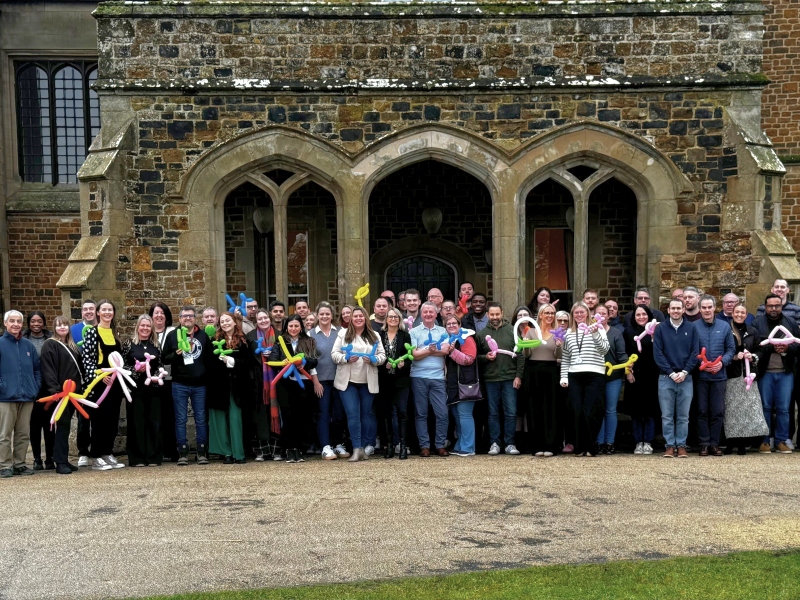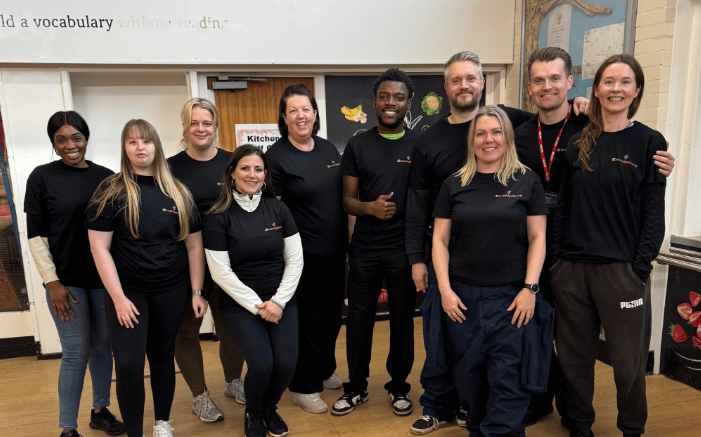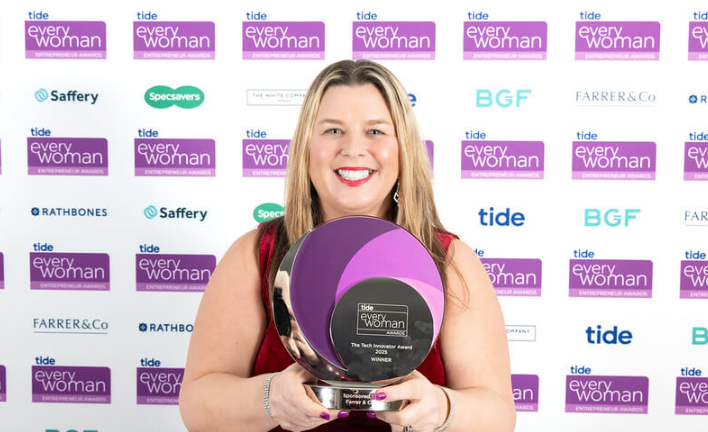How App Studio and APIs are shaping the future of Unit4
Key findings from the HPMA Conference and Awards 2023
ArticleSeptember 20233 min
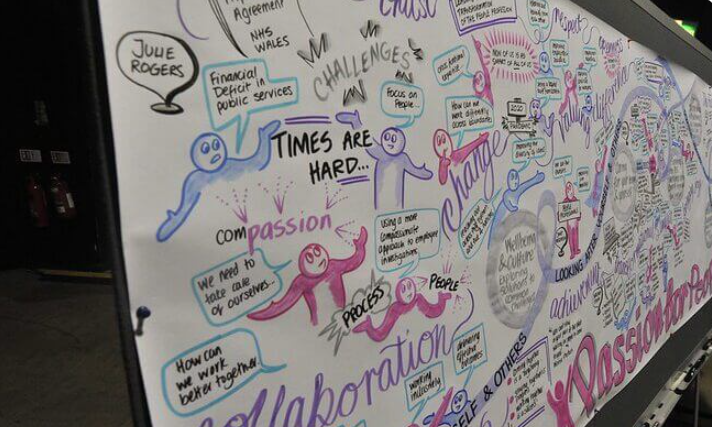
The HPMA Conference and Awards 2023 took place on the 19th and 20th September at the iconic Royal Armouries Museum in Leeds, bringing together over 400 People Professionals from across the UK. The event was an excellent opportunity for Wendy Henry, Head of Business Change and Digital Adoption and Sarah Thornton, New Business Sales Manager, to gather insights, meet with familiar faces and make new connections. Wendy and Sarah have collected their high-level findings from the event, which they hope you will find helpful.
The two-day conference provided insights, breakout sessions and an opportunity to collaborate and network with like-minded people and professionals. The HPMA conference theme #Passion4People highlighted what it means to play a vital role in providing healthcare services to the community by supporting the staff. As Julie Rogers, Deputy Chief Executive/ Director of Workforce and Organisational Development, Health Education and Improvement Wales, highlighted that as people professionals, we need to have self-compassion, i.e., our energy and well-being needs to be a key focus so we can be passionate about people.
It was also clear that using technology as a tool to enable strategic workforce planning is critical to the NHS. Effective workforce scenario modelling can happen when tools incorporate workforce data, activities, and finance data. At Embridge, we can help support NHS Trusts to integrate the key datasets needed to get a tool like this up and running and then put in solutions that ensure you always have the latest data to use Leo integration as a service. If data quality is a challenge when implementing, we can help, especially if you have several GL systems.
Technology across all Public Sector events this year has been a hot topic, especially AI like ChatGPT, playing an increasingly significant role in shaping the future of work. HR professionals need to embrace technological advancements and stay informed about rapid changes. The profession needs to encourage leaders to look at qualitative data as much as quantitative data. The focus should be on the benefits of using AI, such as recruitment and well-being evaluation. There has never been a more critical time for HR professionals. The future of work revolves around people, with technology as a driving force.
Some additional trends that were discussed at the event were:
- Leadership challenges in modern workforce planning – Skills for Workforce Planning aims to evaluate workforce planning to a systems approach, and their six-step methodology focuses on positive change from the start. Leaders’ knowledge, behaviour and skills are critical for effective workforce planning.
- Challenging the status quo – HR professionals should have the confidence and courage to speak up and challenge norms. And in the healthcare sector, understanding contextual challenges and employee journeys is crucial.
- Professionalism in challenging environments - HR professionals must treat themselves as professionals, and collaboration with professional bodies like CIPD can enhance standards for the future profession.
Overall, the passion for people within the NHS can be the driving force behind all HR initiatives, and it was music to Wendy’s ears to hear an aspiration to develop an Organisational Development mindset across all people's function roles. The fact that they considered Global Organisational Development standards when developing the NHS Profession MAP is so inspiring, as, like all passionate Organisational Development practitioners, we are influenced by the late Mee-Yan Jeung Judge, who was the Organisational Development advocate of all times. If you need support with any of these areas, contact the team today.
Image via HPMA
